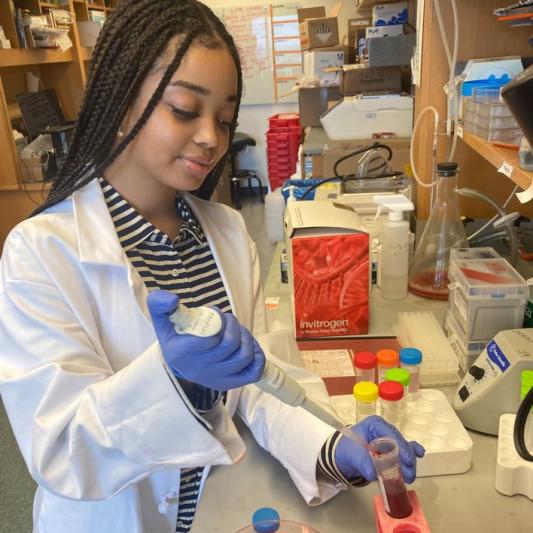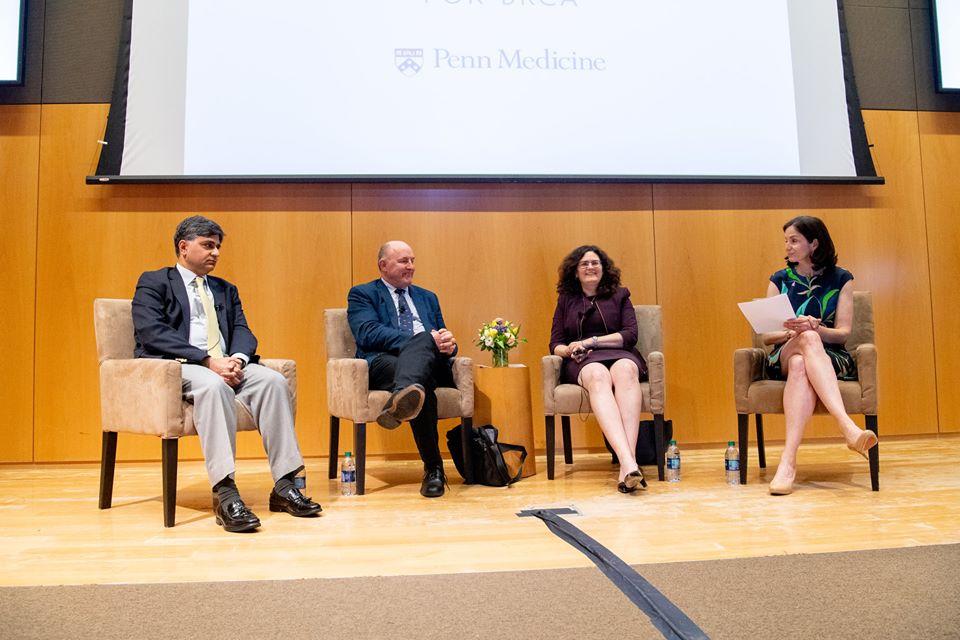The Basser Center for BRCA is the first comprehensive center for the research, treatment, and prevention of BRCA-related cancers. These hereditary mutations affect both men and women and can be passed down from either parent. BRCA mutations can increase lifetime risk for cancers including male and female breast, ovarian, pancreatic, prostate and melanoma. The Basser Center can help you learn more about hereditary cancer risk.
What's My Cancer Risk?

Genetic counseling
Learn about the genetic testing, the importance of knowing your family health history, BRCA-related cancer risks, and the genetic counseling process.
Managing and reducing your cancer risk
Find information on BRCA risk management and screening. Learn about surgical and medical options for decreasing hereditary cancer risk.
Insurance
Find commonly asked questions about the cost and coverage of genetic testing and cancer screenings, as well as the impact of genetic test results on health and life insurance.
Support and resources
Get your questions answered and find support for BRCA mutation carriers, individuals with hereditary cancer and their loved ones, as well as tips on communicating with family members about risks, care, and support.
Attend an Event

The Basser Center for BRCA hosts events throughout the year, including signature panels and programs, webinars led by leading researchers, and fundraising events.
Basser Summer Scholars Internship

The Basser Summer Scholars internship program in genetics was created to expand the pipeline of candidates with experientially diverse backgrounds pursuing a career in the fields of genetic counseling, clinical genetics, and basic science. Students from low to moderate income backgrounds, students who are the first to attend college, and students attending small liberal arts colleges and universities with limited research opportunities are encouraged to apply.
Creating Better Choices for Future Generations
Our team science approach seeks to find a cure for hereditary cancer by advancing the care for BRCA-related cancers.
The Basser Center for BRCA provides grant funding to investigators around the world working on innovative projects related to BRCA1 and BRCA2. The annual Basser Global Prize provides $100,000 in unrestricted support of the awardee's innovative BRCA1/2 related research efforts.



